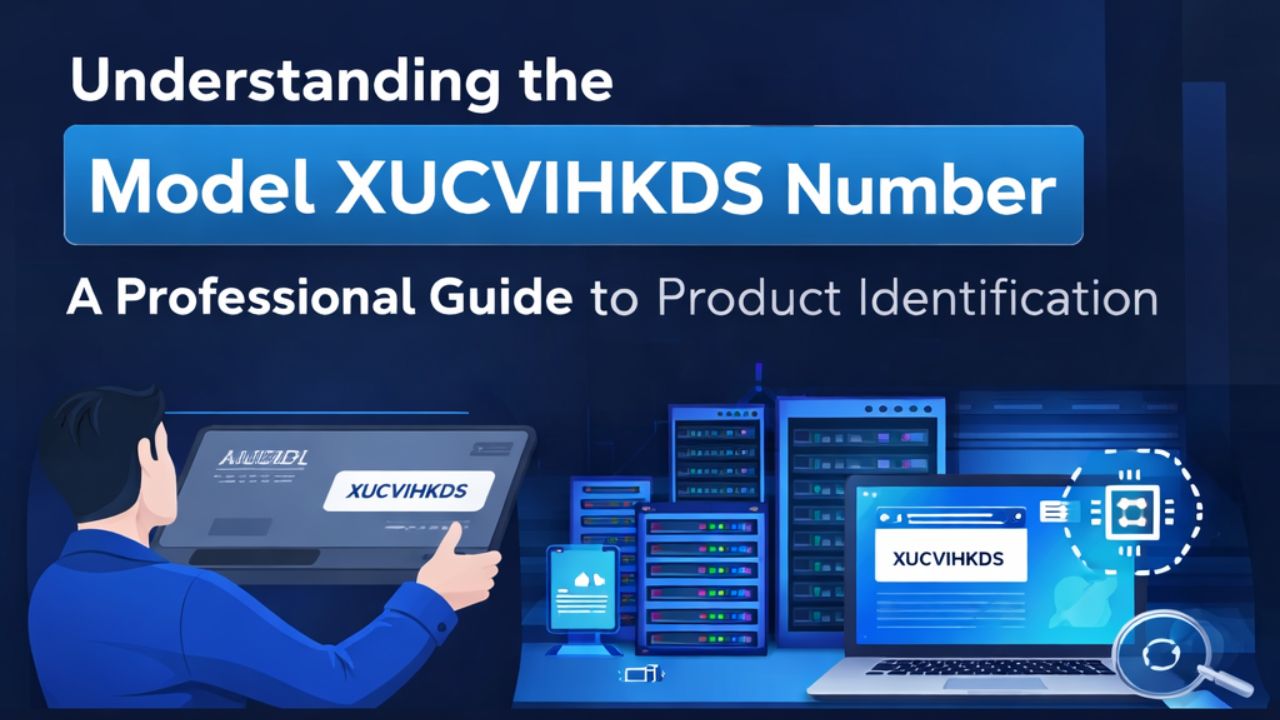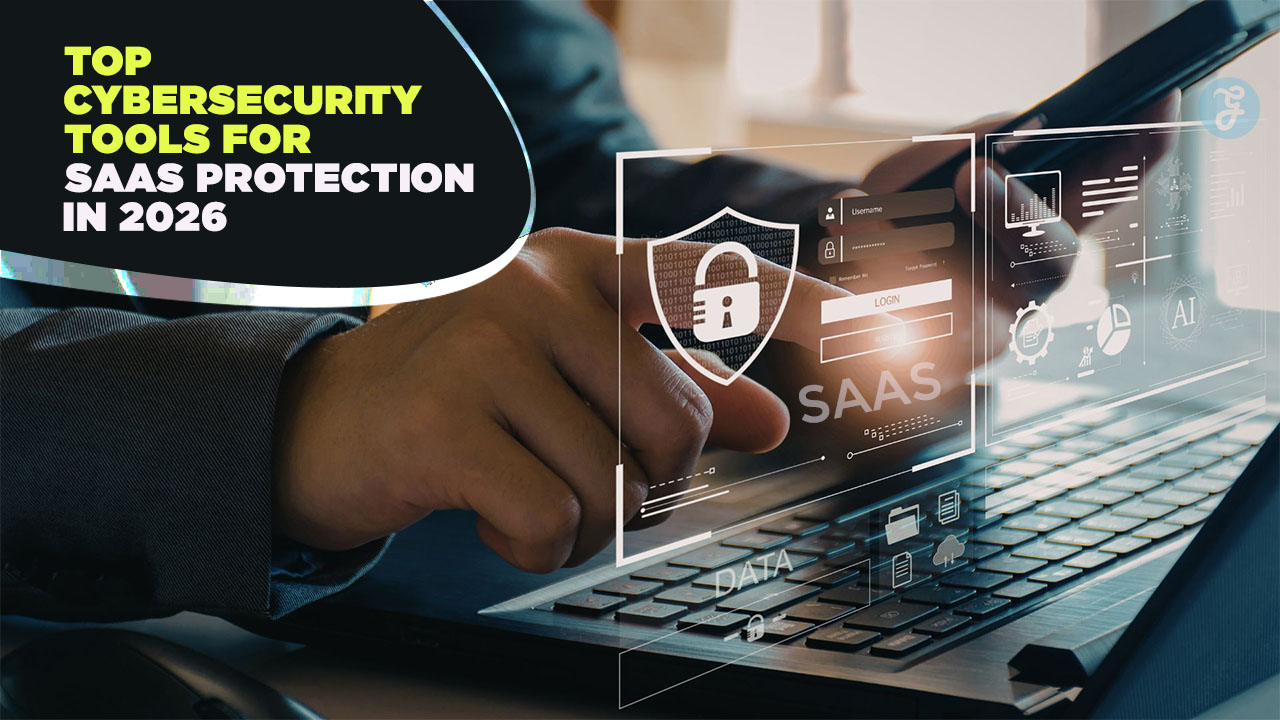Heading into 2025, the amount of cyber threats we are faced with is higher than ever before. In 2023 alone, over 400 million people fell victim to data breaches worldwide. And, with even our kitchen appliances now hooked up to the internet, it’s no longer enough to just install an anti-virus program on your laptop.
Fortunately, there has also been innovation in digital security tools. Through these and help from sites like Addictive Tips, we can explore how to protect your privacy in today’s world. The site offers practical guides and tech tips focused on privacy, security, and optimizing various digital tools for everyday users.
As technology evolves, so do the threats we face, making it crucial to stay informed and proactive.
Understanding Digital Privacy Threats
The money and growth poured into tech firms mostly revolve around one thing: data. The more data a firm like Google or Facebook can collect, the more money their advertisers will pay because the data allows for better targeting. Unfortunately, this is the dominant model, so even fairly unassuming apps like your supermarket loyalty card can be trying to harvest as much data as possible.
Beyond your data, there are deepfakes and AI cloning of voices to be worried about. This still revolves around data in the sense that in order to do a deepfake of you, there needs to be plenty of material about you publicly online.
Beyond these modern privacy concerns, there is still the issue of phishing, hacks, and having your account stolen where really sensitive data can be accessed and sold on.
Privacy Protection Fundamentals
A fundamental of privacy protection is to ensure you use a strong system for passwords. One strong password isn’t enough, as it needs to be unique for each account (otherwise if one account gets compromised, they all do).
One consideration is to use the first letter of the account/company, so your Bank Account account password can be BananaApple!23, while your VPN password could be VanityPrinceNation!23.
It’s also important to use 2-factor authentication where possible, meaning you must use a one-time passcode from your email or mobile phone on top of your password.
Encryption is also important, meaning sensitive data and communication can be obscured. Try using services that claim to use encryption, such as Signal, and avoid companies that do not.
Public Wi-Fi is also a huge concern and can easily be exploited. This is particularly important for remote workers who use cafes and hotels to work in. Here, a VPN (explained below) is needed.
And finally, general caution should be taken about what data you share online. Social media can be a place for bad actors to discover vulnerabilities, such as your cat’s name, which is often used as a security question.
Advanced Privacy Tools
- Virtual Private Networks (VPNs): Use a reputable VPN that encrypts your internet traffic and masks your IP address. Find one that doesn’t keep your logs.
- Tor Browser: This specialized browser may seem over the top, but it can route your traffic through multiple servers, providing a high level of anonymity for sensitive browsing. So, use it as and when needed (it may be slow).
- Encrypted messaging apps: Apps like Signal and WhatsApp claim to use end-to-end encryption.
- Privacy-focused search engines: DuckDuckGo or Startpage don’t track your search history unlike Google and Bing, which build user profiles and target you with ads.
- Ad-blockers and anti-tracking browser extensions: Install well-known extensions like uBlock to block intrusive advertisements which can lead to malware when clicked.
- Secure email providers: Consider using privacy-oriented email services.
Managing Your Digital Footprint
Beyond using these tools and fundamentals, it’s important to ensure you regularly check your privacy settings. In particular, social media can have many buried settings that will help you boost your privacy.
Build up habits of unticking data collection activities like when companies ask to store your email and pass it on to 3rd parties, as well as going through the effort to not allow cookies to be tracked.
Know Your Rights
Thanks to GDPR and CCPA, it’s possible to request the full deletion of your data with a company. It’s also possible to request access and correct this data. This is a powerful tool that only requires a quick email, and the company must completely erase the data it holds on you. More countries will implement these laws, but it’s also worth trying whether you’re protected under such a regulator or not.
Final Word
AI and IoT devices pose threats that are quickly evolving. However, when sticking to the fundamentals, it usually protects us from even the latest threats. Protecting yourself online requires proactivity, not reactivity, meaning you need to build up good habits that will soon become automatic.






































